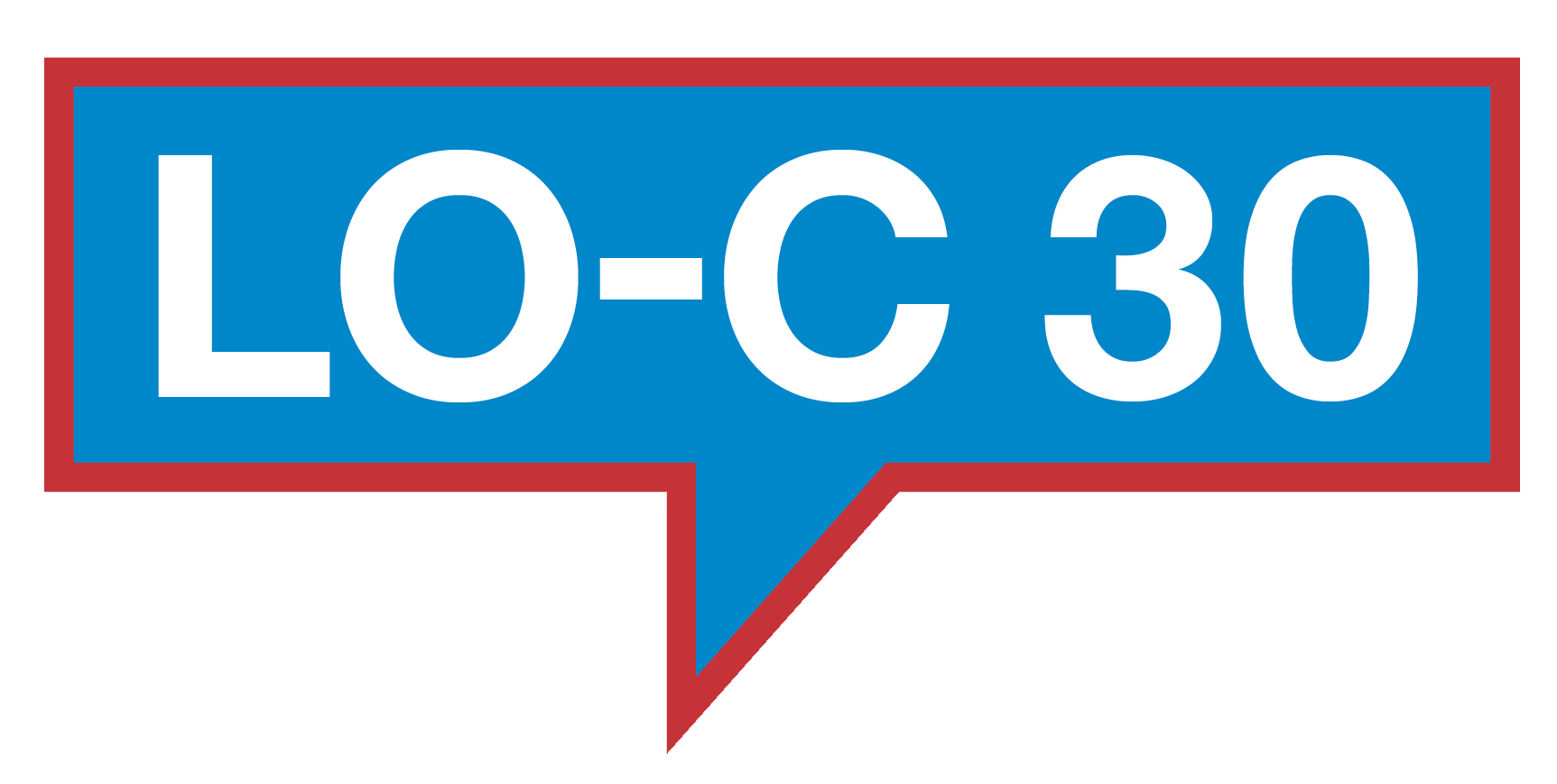Global Horizons Showcases International Trade Insights in Collaboration with Leading Industry Bodies
The Association of Translation Companies is collaborating with the Chartered Institute of Export & International…

Aston Business School researcher Ankita Tibrewal’s influential quantitative research on 415 UK SMEs across different sectors examines their organisational-level language capacity and its drivers through statistical analysis and modelling.
SMEs play a critical role in the UK economy, and their contribution increases year on year. SME companies represent 99.9% of the business population with 6 million businesses and around half of all turnover in the UK’s private sector. SMEs employ 16.8 million people, 61% of the total workforce.
“Previous academic research on UK companies has shown a strong link between exporting and growth, and for SMEs a key way to generate growth is through exporting products and services to international markets,” says Dr Geoff Parkes from Aston Business School’s Marketing and Strategy Group.
The LO-C 30 Report is the first comprehensive, country-wide quantitative research study investigating how language capabilities at an organisational level can facilitate the internationalisation of UK SMEs.
The research analyses the impact of language capacity (LO-C) on companies’ export performance, and identifies key drivers that facilitate LO-C within an SME.
LO-C, a key concept within the research, indicates the company’s motivation, preparedness and attitudes towards developing language-related capabilities, as well as the actual use of available language capabilities.
The results of the research strongly indicate that SMEs can significantly increase their export sales, growth and profits by hiring people with language skills and high cultural intelligence, providing language training to existing staff and investing in professional translation services using sophisticated language technology.
“SMEs have had a really hard time adapting to the challenges brought on by Brexit and the Covid pandemic, and we haven’t had any good news for a while,” says Raisa McNab, CEO at the Association of Translation Companies. “Language services are a very easy, accessible way to drive international growth, and the LO-C 30 Report shows that the returns can be significant.”
The LO-C 30 Report is accompanied by Talk Global Advisor, an online diagnostics tool for SMEs to assess their readiness to increase international sales and profits.
READ MORE ABOUT LO-C 30 AND ACCESS RESOURCES: https://www.aston.ac.uk/research/bss/abs/loc30-report
The LO-C 30 research has been jointly funded by Aston Business School and the Association of Translation Companies.
Aston Centre for Growth offers leading growth programmes and other opportunities for SME owners looking to grow their business. Aston Centre for Growth works with SMEs to support their business growth, with investment ready pitching competitions, through its student focused start-up support and incubation centre and on high profile programmes such as Goldman Sachs 10,000 Small Businesses.
Language services, translation and interpreting drive global growth and support UK companies’ internationalisation activities. The Association of Translation Companies is the leading voice for companies operating in the UK’s language services industry. ATC membership is recognised as a mark of quality-managed service, and the ATC’s Member Directory lists language service companies offering translation and interpreting in all sectors and languages.
For more information, contact Raisa McNab, CEO at the Association of Translation Companies: ceo@atc.org.uk or Geoff Parkes, Senior Lecturer, Marketing and Strategy Group, Aston Business School: g.s.parkes@aston.ac.uk.